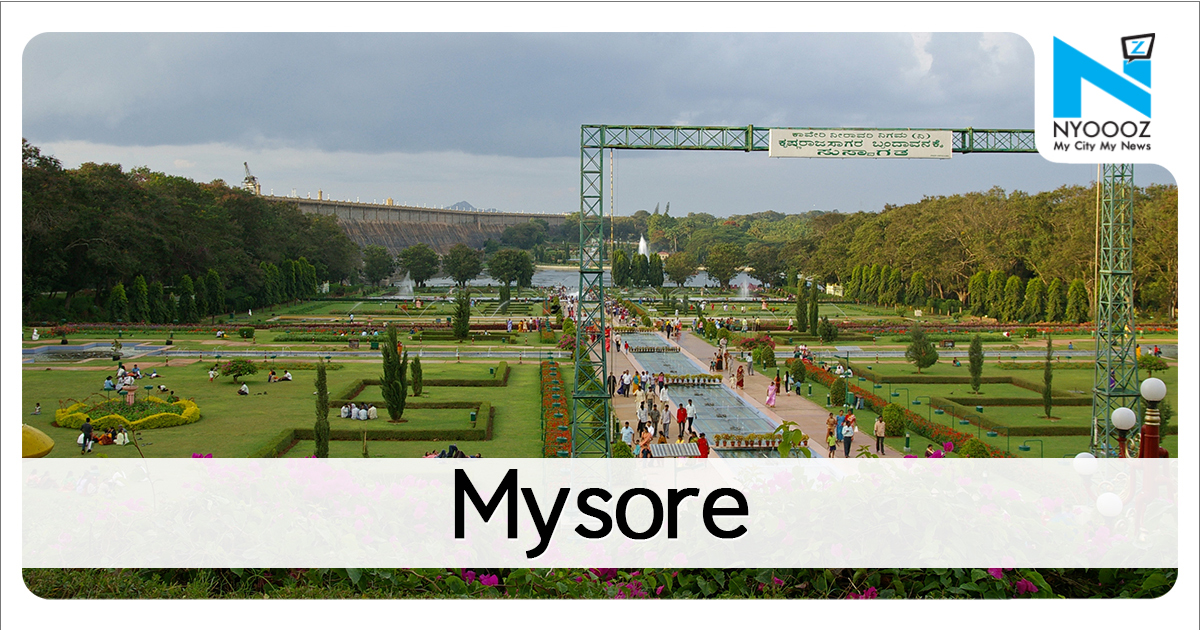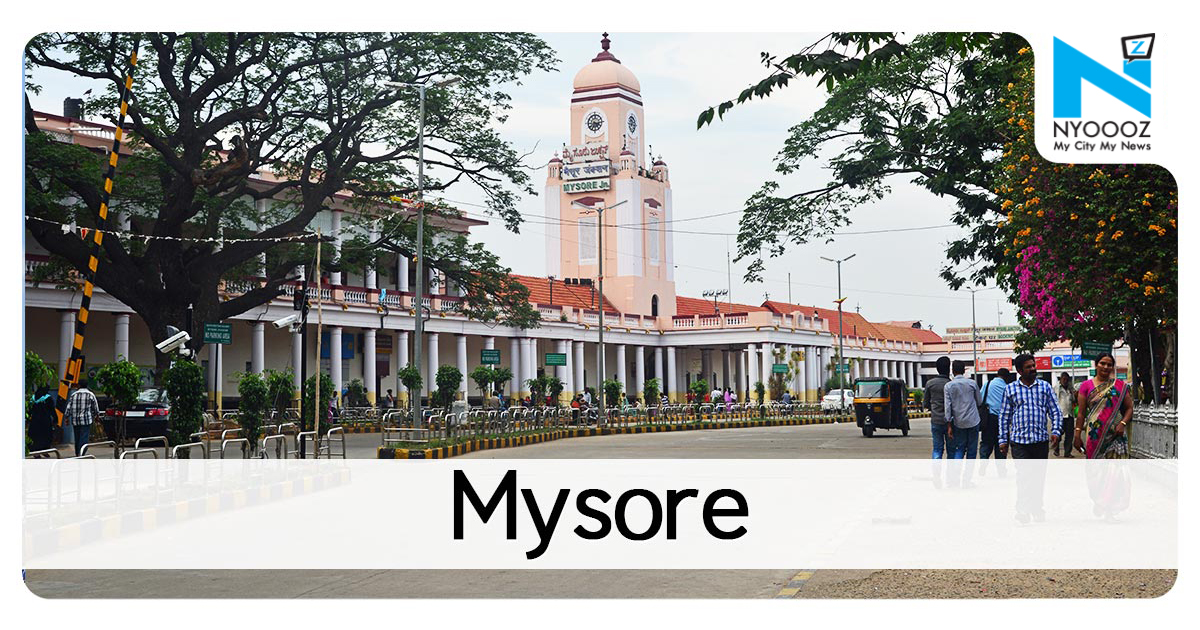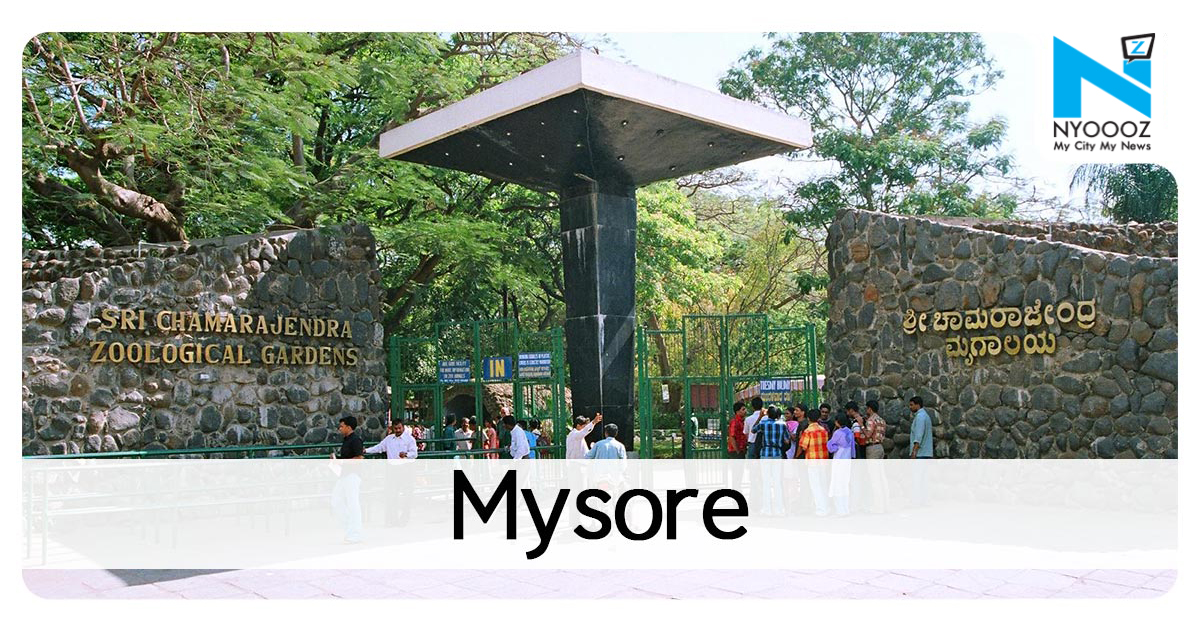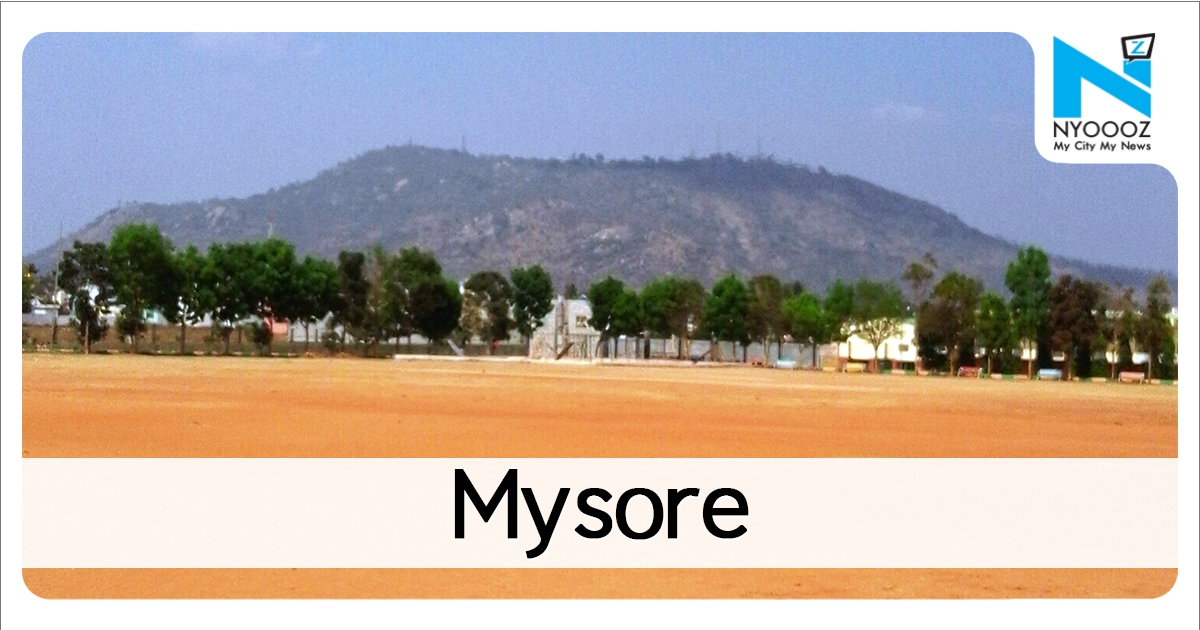After poisoning of prasadam tragedy temples act to avert repeat
- | Monday | 17th December, 2018

At larger shrines, however, administrators insist that they already do everything possible to ensure that safety is not compromised in mass-feeding events. “We prepare food with RO-filtered water,” said KS Prasad, executive officer of the temple. The temple also supplies lunch to educational institutions in the vicinity. “No unauthorised person is allowed in the kitchen or storerooms,” she said. Others say they are increasing supervision to prevent serving unhygienic food.At the Suttur Mutt in Nanjangud, Mysuru, which thousands of devotees throng every day, dasoha is one of the major attractions.

If You Like This Story, Support NYOOOZ
Your support to NYOOOZ will help us to continue create and publish news for and from smaller cities, which also need equal voice as much as citizens living in bigger cities have through mainstream media organizations.
Stay updated with all the Latest Mysore headlines here. For more exclusive & live news updates from all around India, stay connected with NYOOOZ.









